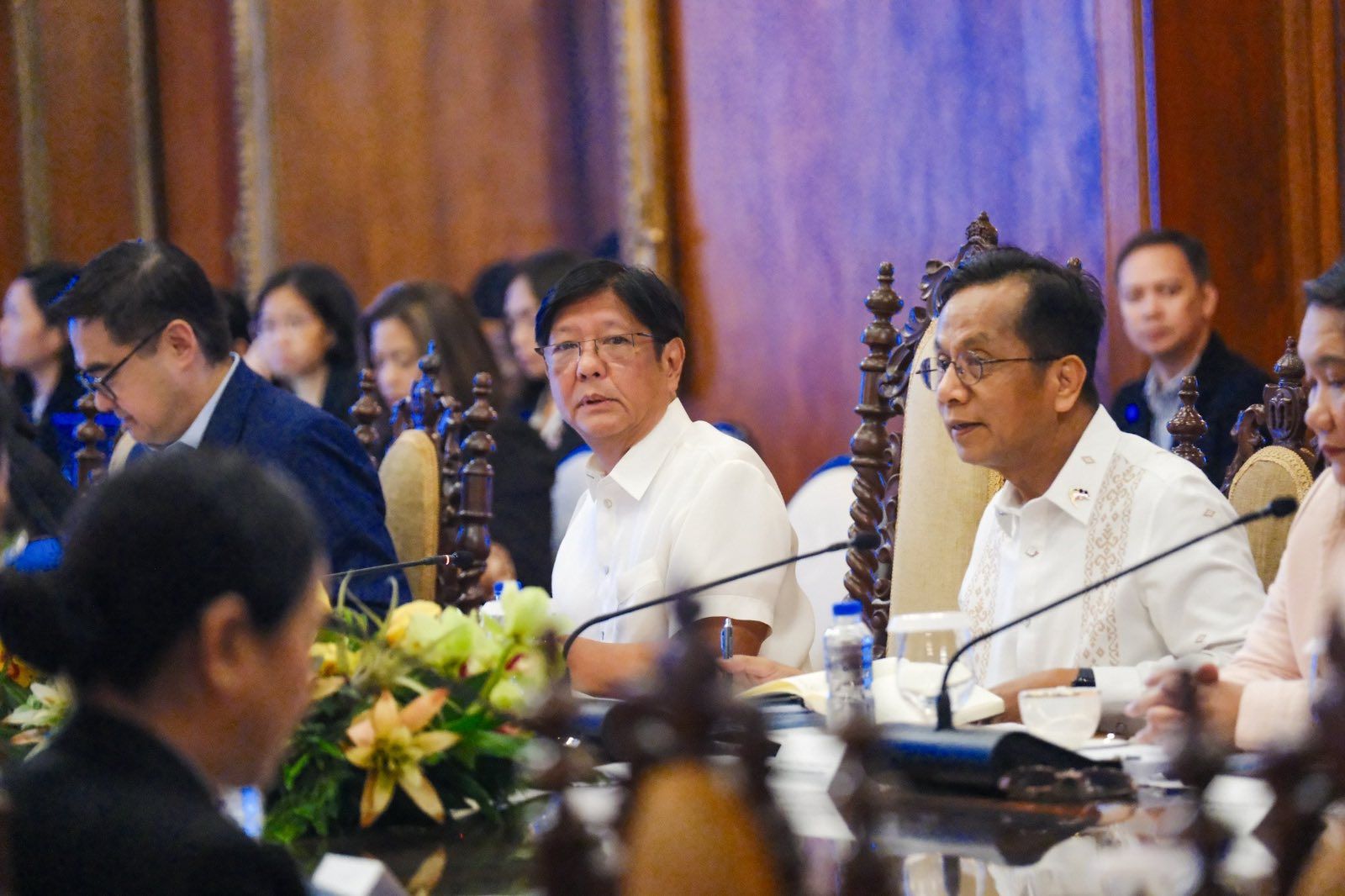
By Ruth Abbey Gita-Carlos | Philippine News Agency
The Department of Agriculture (DA) and the Department of Education (DepEd) will join the National Economic and Development Authority (NEDA) Board, as part of the Marcos administration’s efforts to attain food security and promote skills development.
In an interview with Palace reporters, Socioeconomic Planning Secretary and NEDA Director General Arsenio Balisacan said the inclusion of the two agencies in the NEDA Board was discussed during the 20th board meeting convened by President Ferdinand R. Marcos Jr. at Malacañan Palace in Manila on Wednesday.
“The board decided to include the Department of Agriculture and the Department of Education secretaries in the NEDA board to ensure that the priorities of this administration with respect to agriculture and food security, as well as education and particularly the development of skills for a competitive economy are properly attended,” Balisacan said.
Marcos serves as the chairperson of the NEDA Board, while Balisacan acts as vice chairperson.
Executive Secretary Lucas Bersamin, Special Assistant to the President for Investment and Economic Affairs Secretary Frederick Go, Budget Secretary Amenah Pangandaman, Energy Secretary Raphael Lotilla, Finance Secretary Ralph Recto, and Bangko Sentral ng Pilipinas Deputy Governor Francisco Dakila Jr. serve as members of the NEDA Board.
Other members are Human Settlements and Urban Development Secretary Jose Rizalino Acuzar, Public Works Secretary Manuel Bonoan, acting Trade Secretary Ma. Cristina Roque, Transportation Secretary Jaime Bautista, and Mindanao Development Authority Chairperson Leo Tereso Magno.
Under Executive Order (EO) 230 issued in 1987, the President may revise the membership of the NEDA Board to ensure the effective performance of the board’s functions.
The reorganization of the NEDA Board came as Balisacan admitted that it would “take a while” to feel the effects of the modification of nomenclature and tariff rates on various products, including rice, to ensure a continuous supply of goods and protect the purchasing power.
In June, Marcos issued EO 62, reducing the tariff rate on imported rice from 35% to 15% until 2028 to bring down the price of the staple food.
Balisacan said the government remains optimistic that rice prices would go down, once the world rice market situation improves.
“Sa mga nire-report ng Philippine Statistics Authority—kasi monitor nila ng mga price movements all over the country—nakikita naman nila na nag-decrease na, bumaba na ’yong presyo, although medyo mabagal pa rin, mabagal pa rin ’yong pagbaba,” he said.
Update on flagship projects
Meanwhile, Balisacan said the NEDA Board was also briefed on the progress of 186 infrastructure flagship projects.
Balisacan said the Philippines Civil Service Modernization Project was also part of the meeting agenda, noting that it is “an important project for the development of human resource management processes in the public sector.”
He said the NEDA Board also discussed the request for the increase in cost and extension of the implementation period and loan validity for the Metro Manila Priority Bridges Seismic Improvement Project.
The request, Balisacan said, was made to improve the safety and resilience of two bridges in Metro Manila—the Lambingan and Guadalupe bridges.
He said the ad referendum decisions on the upgrade, expansion, operation, and maintenance of the Bohol and Laguindingan international airports were also confirmed.
